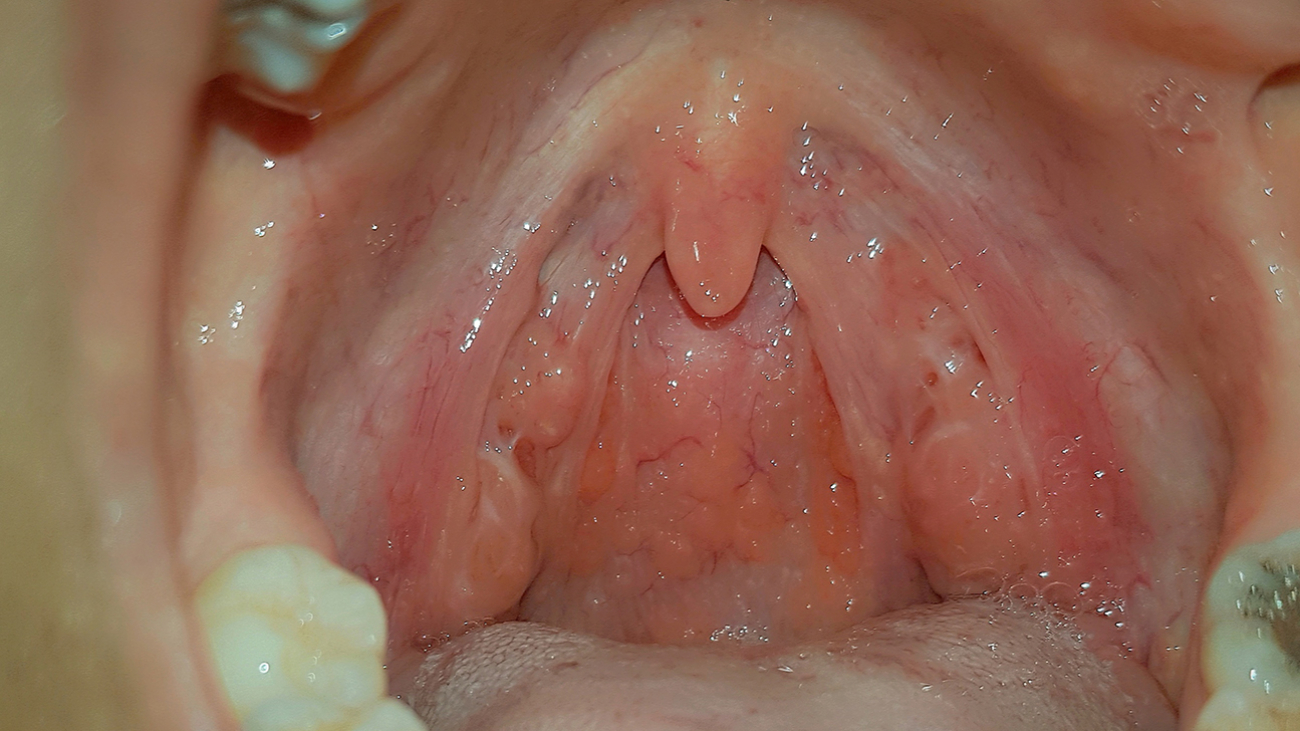Not the nicest topic I’ll grant you but nevertheless an important subject that we need to deal with. Cancer is an exceedingly stressful condition and I’m a great believer that stress/chronic stress is the biggest killer of all, regardless of what the anti-smoking nutters say or the ‘lifestyle guru’s’ profess to know! Without even trying these two factions cause people more stress than they realize – though they would never admit it. They are simply another case of the ‘do-gooders’ doing badder! Clint Eastwood has just celebrated his 88th birthday but according to the anti-tobacco & anti-alcohol mobsters, he should have had the decency to depart this world 20/30yrs ago!
We all like a drink at some time or other and the majority of us have a pint or two at the weekend or at family functions etc; ie, we drink in moderation mostly. However, lack of moderation causes its own problems, such as depression, low self-esteem, worthlessness, etc resulting, more often than not, in imbibing more and more so as to blot out the realities of life and its hardships. And, strangely enough, it works in the reverse order too!
If you remember from one of our first posts, smoking & alcohol, although contributory factors ARE NOT the main causes of oral/throat cancers. “Yes they are” I hear you yelling at me, but the truth is that the HPV (Human Papilloma Virus) is the main culprit and that virus is passed on from human to human via sexual activity mainly. The American University found that 65% of oral/throat cancers were caused by the HVP, 21% from alcohol abuse, 12% from smoking/chewing tobacco & 2% unknown/unaccountable. The strange thing is that there is no determination of ‘alcohol abuse! Does that mean 1pt of beer per day or is that 10pts per day? Is it 1 glass of wine per day or is it a bottle of wine with every evening meal?
Did you know that the ‘medical genius’ who determined how many units per day we could safely drink used no scientific formula, no tests, no mathematical equations whatsoever: he simply stated that (eg) 4 units per day for men & 2 units per day were the safe level! Some science that is – and I can tell you now that I have since seen the following sign in hospitals:- Beware-There is NO safe level of alcohol. The same route as the SHS brigade and absolute hogwash of course, but then it is their intention to use the fear factor in all matter prohibition. With smokers/smoking they got away with it but with 95% of the population enjoying a drink at some time or other ‘they’ have no chance of following the smoking route with alcohol etc.
We have been sent a very in-depth piece by a gentleman by the name of Mr Paul Bailey who knows what he is talking about, being an ex-alcoholic himself. It highlights the immense dangers of alcoholism and I do advise people to read this and take note of what can become of them.
Guide to Alcohol and Cancer. A matter-of-fact guide by Paul from “Rehab 4 Alcoholism” explaining the cancer risks associated with drinking alcohol. See more at:
http://www.rehab4alcoholism.com/article/47/ultimate-guide-to-alcohol-and-cancer
I think the important thing to remember is that this view from an ex-alcoholic is simply another pointer for you all to consider. We all now know that cancer is nothing but a lottery, some will & some won’t but this is just another step in the right direction of possible avoidance.
Must Read:
Best Preparatory Tips to Get You Ready For Laser Eye Surgery

